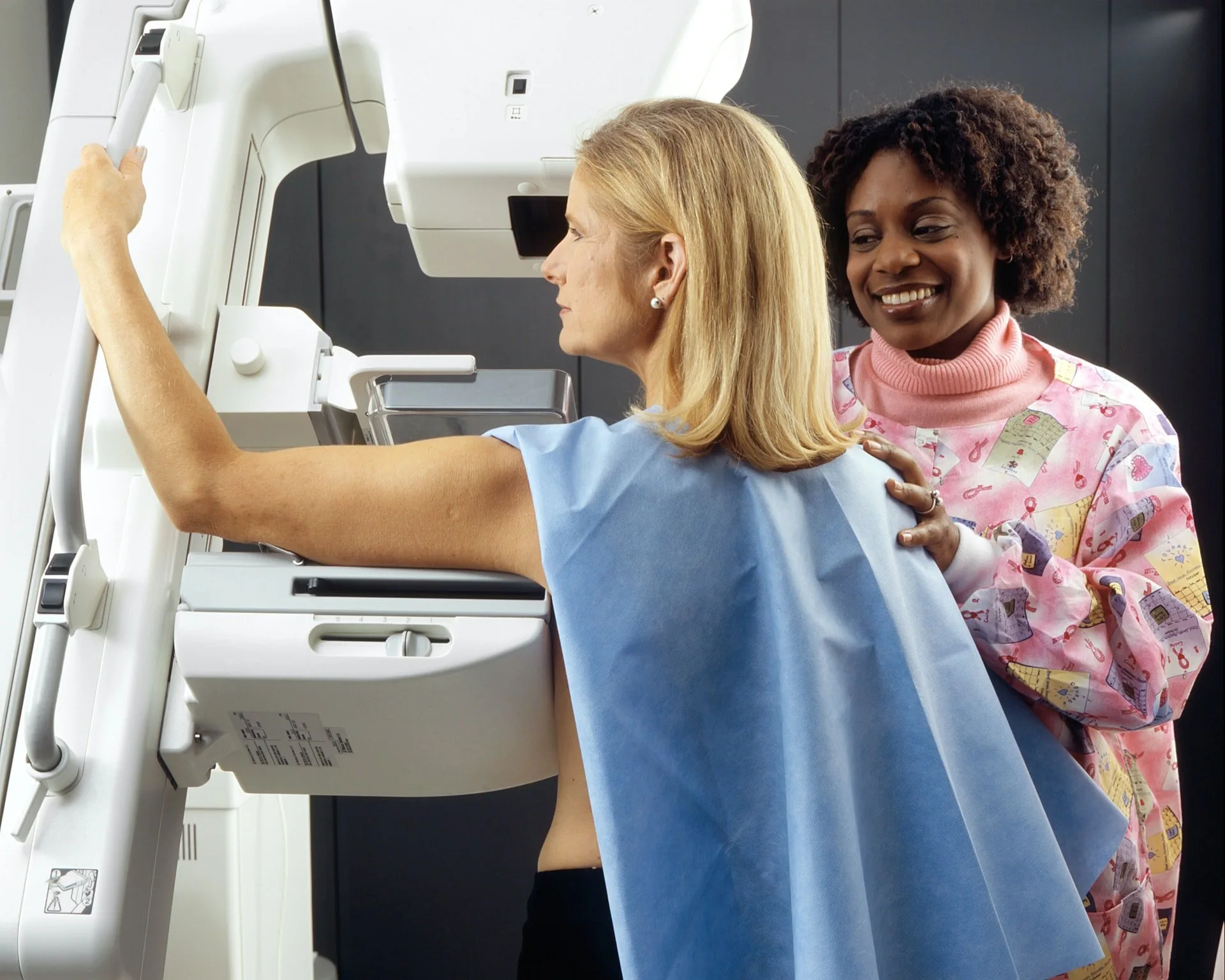The World Health Organization has recently dubbed cancer a global health pandemic, second only to Covid-19[1].
Deaths from breast cancer are often due to late diagnosis, among other factors. Early detection and treatment of breast cancer is crucial for all forms of breast cancer. It is even more important with rare forms of breast cancers that need a certain level of expertise to be detected.
Rare Forms Of Breast Cancer
Inflammatory breast cancer and Paget’s disease of the nipple escaped mammographic and ultrasound detection. Yet, they are obvious to the skilled and experienced examiner.
Inflammatory breast cancer is a very aggressive disease that progresses in a matter of weeks or months. Paget’s disease of the nipple is a manifestation of a very slow-growing, indolent breast cancer that can take months or even years to develop.
Inflammatory breast cancer
The earliest descriptions of this type of breast cancer were recorded over 100 years ago. It is considered a very rare breast cancer. Only about 1-2 % of breast cancers diagnosed at my practice are true inflammatory breast cancers. It is often only detectable in mammography late in the course of the disease when the chance for cure is minimal.
An area of redness in the skin of the breast that enlarges in the absence of fever or other signs of infection is usually an early sign of inflammatory breast cancer. It can be a rash that comes and goes, but is localized to the skin in the breast area.

With these subtle clinical signs, it is mistaken for an intercurrent infection, treated as such, and missed. This means that the diagnosis is thus delayed for crucial months. However, the clinical picture is very distinctive to an experienced doctor with a special interest in breast health, who will recognize it with one glance.
Diagnosing inflammatory breast cancer
A skin biopsy is required to diagnose inflammatory breast cancer, as mammography and ultrasound are often not helpful. I recommend chemotherapy as a start for treatment:
Only when chemotherapy has cleared the signs of inflammation can surgery be performed, as otherwise, the risk of recurrence of the cancer in the wound is very high. After surgery, radiotherapy is mandatory to decrease the chance of recurrence of the cancer. Surgery consists of a mastectomy, and reconstruction can take place if appropriate.
And the prognosis? Unfortunately, due to the above-mentioned delays in diagnosis, only about 30 out of 100 patients are alive after 5 years with maximal therapy.
Paget’s disease of the nipple
This type of breast cancer causes little to no pain and grows at a very slow pace. This is why the diagnosis is frequently missed, sometimes even for years. It is so rare that only 1% of breast cancers diagnosed at my practice manifest as Paget’s disease of the nipple.
A small scab or erosion of the nipple that very slowly enlarges and is present only on one nipple is usually a sign of Paget’s disease of the nipple. There is no redness or other skin discoloration associated with this breast cancer.
Diagnosing Paget’s disease of the nipple
Again, the clinical picture of Paget’s disease of the nipple is very distinctive. An experienced doctor with a special interest in breast health will recognize it instantly. For diagnosis, a biopsy of the nipple can reveal the cancer in its early stages. While mammography may show signs of early-stage, non-invasive cancer, it is often not helpful.
Mastectomy with immediate reconstruction or breast-conserving therapy is the mainstay of the treatment for this breast cancer. About 98 out of 100 diagnosed women are alive and well 10 years after the diagnosis.
Bottom line
We all know that screening saves lives, but in cases of rare forms of breast cancer, mammography is not enough. A thorough physical examination by a seasoned practitioner with an interest in breast health can be lifesaving, as these cancers are easily missed.





![women [longevity live]](https://longevitylive.com/wp-content/uploads/2020/01/photo-of-women-walking-down-the-street-1116984-100x100.jpg)









